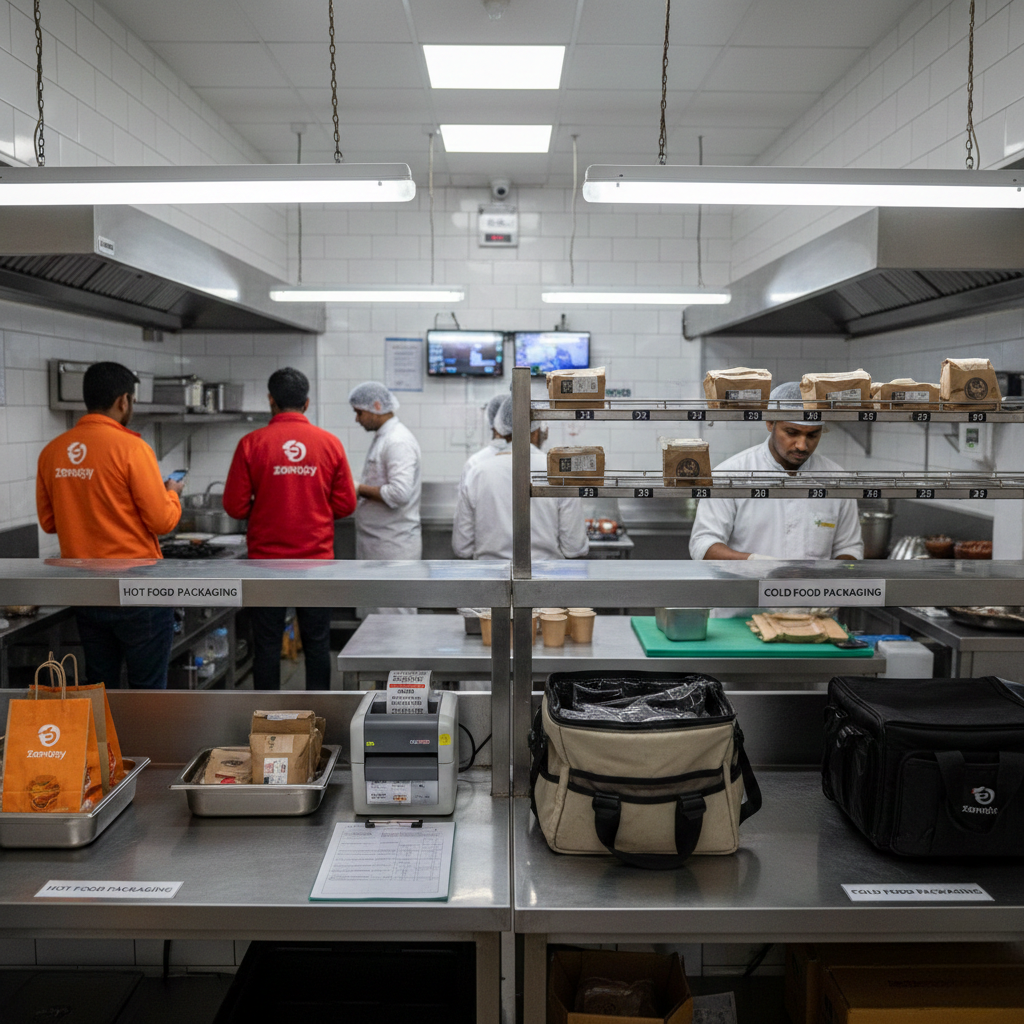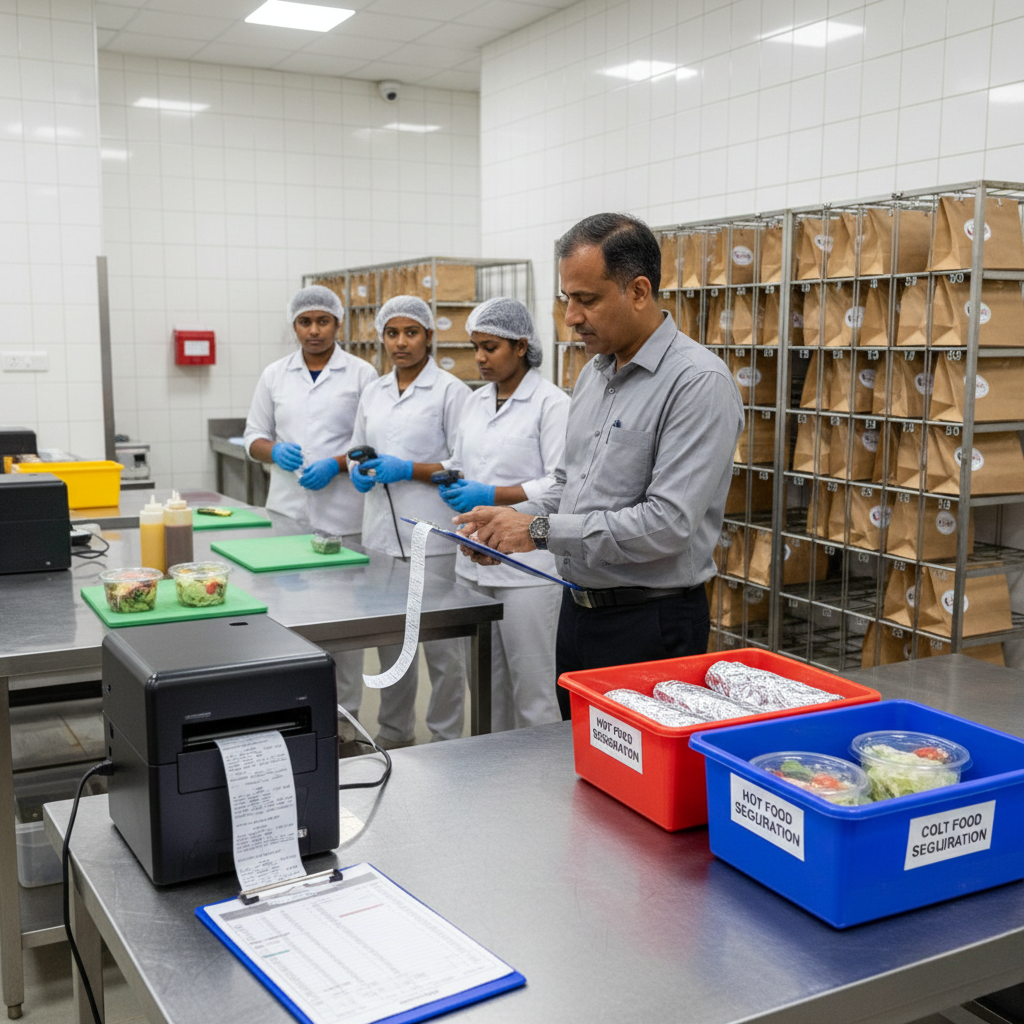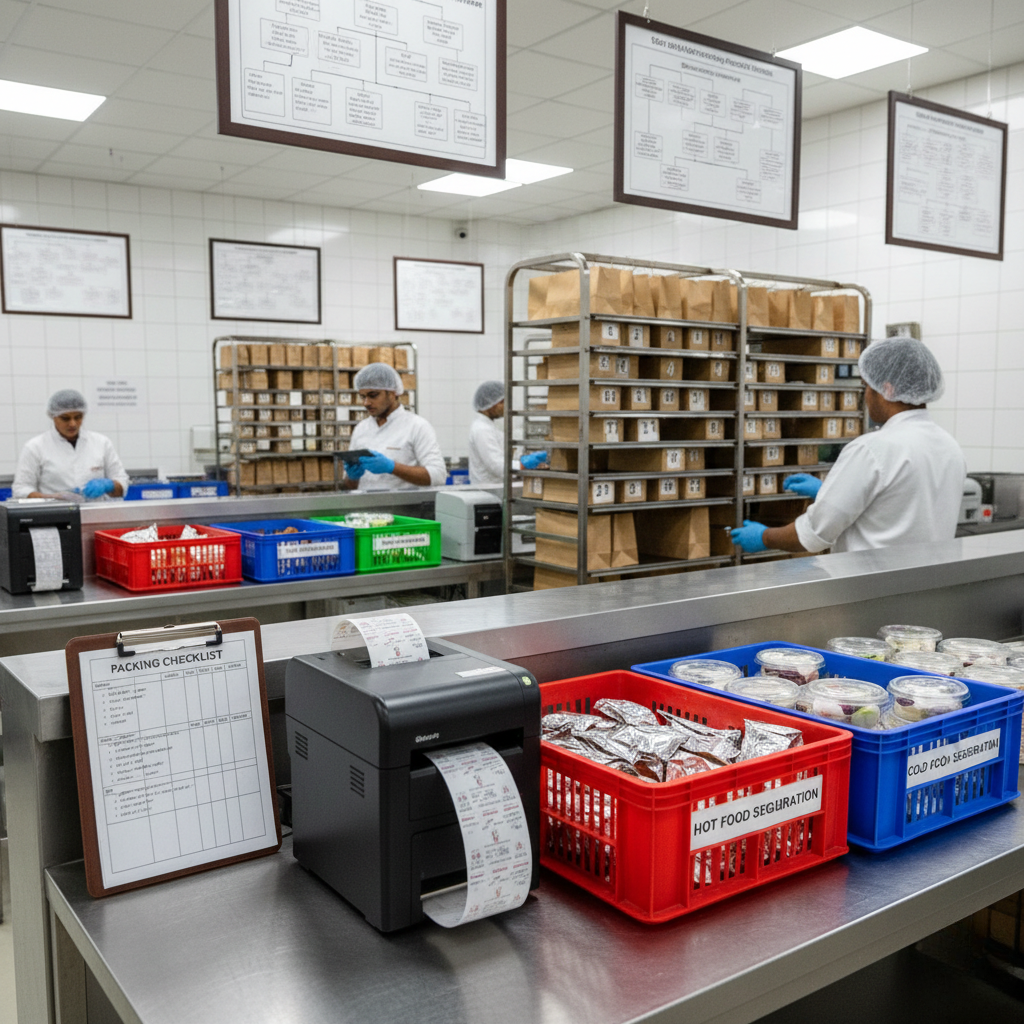As we navigate through 2025, the food franchise industry continues to evolve rapidly, driven by technological advancements, changing consumer preferences, and innovative business models. For aspiring entrepreneurs and seasoned business owners alike, understanding the future of food franchises is crucial for staying ahead of the curve. Here, we’ll explore the emerging trends and predictions for 2025, offering insights that can help you make informed decisions and capitalize on upcoming opportunities.

1. Technological Integration
The future of food franchises will be heavily influenced by technology. From AI-powered customer service to advanced inventory management systems, technology will streamline operations, enhance customer experiences, and boost profitability. Franchisees will increasingly adopt digital solutions such as mobile ordering apps, contactless payments, and automated kitchen equipment to stay competitive. Embracing these technologies will not only improve efficiency but also cater to the tech-savvy consumer base.
2. Sustainability and Eco-Friendly Practices
Environmental consciousness is no longer a niche market; it’s a mainstream expectation. By 2025, food franchises will prioritize sustainability, incorporating eco-friendly practices into their operations. This includes sourcing locally grown and organic ingredients, reducing food waste through better inventory management, and utilizing eco-friendly packaging. Brands that demonstrate a commitment to sustainability will attract environmentally conscious customers and gain a competitive edge.
Read Also : 5 Profitable Fast Food Brands Franchise with an Investment of Just ₹10 Lakh!
Own 5 Profitable Healthy Food Brands Franchise with an Investment of Just ₹10 Lakh!
3. Health and Wellness Focus
Health and wellness trends are reshaping the food industry, and franchises are no exception. The future of food franchises will see a significant shift towards healthier menu options, catering to the growing demand for nutritious and balanced diets. Expect to see more plant-based options, low-calorie meals, and transparency in nutritional information. Franchises that prioritize health and wellness will appeal to a broader audience, including fitness enthusiasts and health-conscious consumers.
4. Personalization and Customization
In 2025, personalization will be key to customer satisfaction. Food franchises will leverage data analytics to understand customer preferences and offer personalized menu recommendations. Customization will go beyond simple toppings and flavors, allowing customers to tailor their meals to their dietary needs and taste preferences. This level of personalization will enhance customer loyalty and drive repeat business.
5. Expansion of Ghost Kitchens
The concept of ghost kitchens, or virtual kitchens, will continue to expand in the future of food franchises. These delivery-only kitchens reduce overhead costs and allow franchises to reach new markets without the need for physical storefronts. Ghost kitchens will enable brands to experiment with new menu items and concepts, responding quickly to market demands and trends. This model is particularly advantageous in urban areas with high real estate costs.
6. Enhanced Customer Experience
Customer experience will remain a top priority for food franchises. In 2025, franchises will invest in creating memorable dining experiences, whether through innovative restaurant designs, interactive dining options, or exceptional customer service. Leveraging feedback and reviews, franchises will continuously improve their offerings to meet and exceed customer expectations.
7. Global Expansion
As the global economy continues to recover, food franchises will seek opportunities for international expansion. Emerging markets in Asia, Africa, and Latin America present significant growth potential. Franchises that adapt their menus and business models to local tastes and preferences will successfully tap into these new markets, driving global brand recognition and revenue.
8. Focus on Community Engagement
Building strong community ties will be crucial for the future of food franchises. Brands that engage with their local communities through events, partnerships, and social initiatives will foster loyalty and goodwill. This community-centric approach will enhance brand reputation and create a sense of belonging among customers.
Read Also : Top Restaurant Marketing Trends You Need to Know in 2024
Top Sustainable Food Franchising Trends to Watch in 2025
Conclusion
The future of food franchises is bright, with numerous opportunities for growth and innovation. By staying abreast of these trends and predictions, franchise owners can position their businesses for success in 2025 and beyond. Embracing technology, sustainability, health, personalization, and community engagement will be key drivers of future success. As the industry continues to evolve, those who adapt and innovate will thrive in the dynamic landscape of food franchises.





